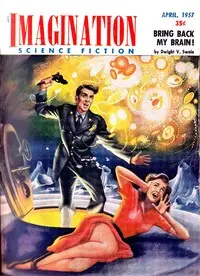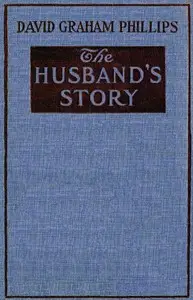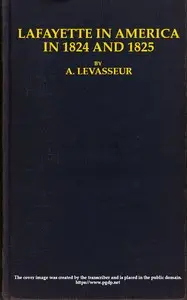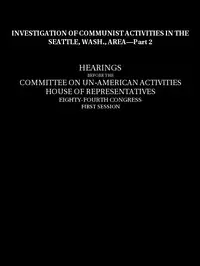"American World Policies" by Walter E. Weyl is a political analysis written in the early 20th century. The work examines America's evolving role on the global stage in the context of World War I and the broader implications of imperialism and international relations. It explores themes of nationalism, pacifism, and America's ideological struggle between isolationism and engagement, emphasizing how these factors will shape future foreign policy. The opening of the text establishes a backdrop of shifting American sentiments following the outbreak of the Great War. It captures the disillusionment of Americans who had previously believed in their nation's isolation from European conflicts and explores the dilemma of whether to pursue aggressive nationalism or promote international cooperation for peace. Weyl outlines the deep economic and ideological currents driving these choices, highlighting the emergence of two distinct American identities—one idealistic and humanitarian, the other pragmatic and self-interested—suggesting that the nation must decide how to navigate the complexities of world affairs amidst the threats posed by modern warfare. (This is an automatically generated summary.)

American World Policies
By Walter E. (Walter Edward) Weyl
"American World Policies" by Walter E. Weyl is a political analysis written in the early 20th century. The work examines America's evolving role on th...
Walter Edward Weyl was a writer and speaker, an intellectual leader of the Progressive movement in the United States. As a strong nationalist, his goal was to remedy the relatively weak American national institutions with a strong state. Weyl wrote widely on issues of economics, labor, public policy, and international affairs in numerous books, articles, and editorials; he was a coeditor of the highly influential The New Republic magazine, 1914–1916. His most influential book, The New Democracy (1912) was a classic statement of democratic meliorism, revealing his path to a future of progress and modernization based on middle class values, aspirations and brain work. It articulated the general mood:"America to-day is in a somber, soul-questioning mood. We are in a period of clamor, of bewilderment, of an almost tremulous unrest. We are hastily revising all our social conceptions.... We are profoundly disenchanted with the fruits of a century of independence."













